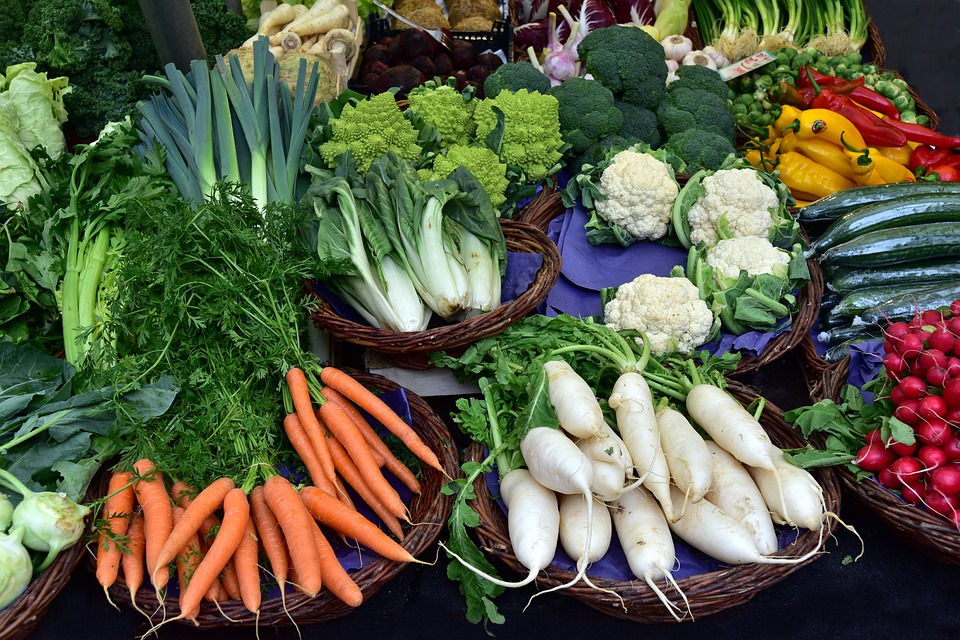The Rise of Meatless Monday
- Robert Gilliland

- Apr 9, 2019
- 3 min read
You may well be hiding under a rock if you haven’t heard of ‘meatless Monday’, a global initiative encouraging people to give up meat for one day a week. It began in the US back in 2003 with the initial focus of the campaign on health, however in the past years the focus has shifted to the environment.
The rise of conscious consumerism and the trend towards a plant-based diet has taken over the world.

What exactly is it?
Vegetarian, Vegan, Pescetarian, and Flexitarian are buzzwords you will have heard of. But what are they?
Vegetarianism is the practice of not eating meat or fish, especially for moral, religious, or health reasons. A vegan diet excludes all animal products, including eggs and dairy. A pescetarian diet has been described as "fish but no other meat". Flexitarian, or semi-vegetarian, diet is one that is plant-based with the occasional inclusion of meat.
You might be surprised to know what Albert Einstein, Mahatma Gandhi and Benjamin Franklin all have in common? A belief in a vegetarian, plant-based diet. “Nothing will benefit human health and increase chances for survival of life on Earth as much as the evolution to a vegetarian diet”. ~Albert Einstein “The greatness of a nation…can be judged by the way its animals are treated”. ~Mahatma Gandhi “My refusing to eat flesh occasioned an inconveniency, and I was frequently chided for my singularity, but, with this lighter repast, I made the greater progress, for greater clearness of head and quicker comprehension”. ~Benjamin Franklin
Why eat less meat?
So why are people around the world gravitating towards eating less meat? Myriads of research show its effect to reverse heart disease, prevent type 2 diabetes, and generally good for your waistline. 2 billion people globally are overweight or obese.
Besides the research to implicate the positive health benefits of a plant based diet, a reduction in eating red meat would have an impact on the role of farming – particularly livestock and its impact on climate change.
According to the UN, should the global population reach 9.6 billion by 2050, the equivalent of almost three planets could be required to provide the natural resources needed to sustain current lifestyles.
Not to mention the challenge of food waste, as each year, an estimated 1/3 of all food produced – equivalent to 1.3 billion tons worth around $1 trillion – ends up rotting in the bins of consumers and retailers, or spoiling due to poor transportation and harvesting practices.
Find the number at UN Sustainable Development here.
What can you do?
You can do your part by going meatless once, or a few nights a week. You may find it is easier than you think. More restaurants and grocery stores are introducing meat free options.
Benjamin Thain, a local chef and founder of Ardent Fine Sauces, a range of vegetarian-friendly sauces, holds a firm belief in eating healthy can be flavourful and vegetarianism as the way forward. More and more local companies are jumping on the wave. Find out more about his 5 course vegetarian culinary experience happening at Drift Dining and Bar on the 30th April. There are also simple things you can do to reduce waste, both in food and packaging. Buying groceries in bulk cuts down on packaging waste—and will likely save you money. In Malaysia you can find bulk foods stores such as the Hive and A Bit Less Bulk Store.
If you want to get involved in Malaysia, there are great initiatives such as The Lost Food Project to help be a part of the solution to redistribute food to reduce waste and end hunger.









댓글